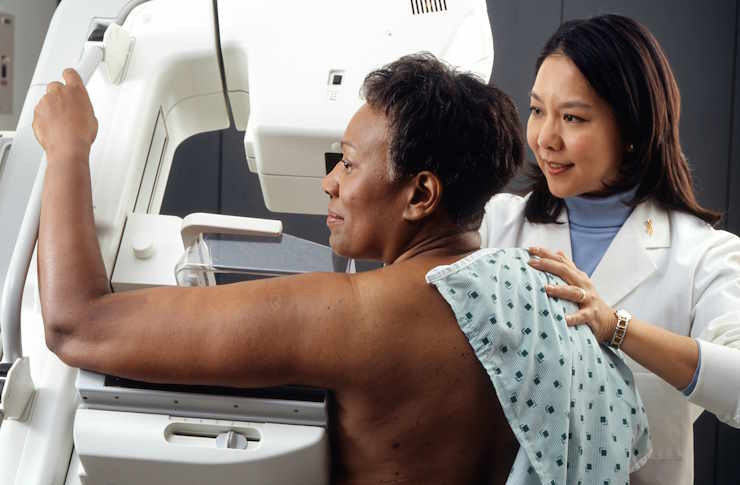3 Symptoms of Colon Cancer That Often Go Unnoticed
Colon cancer is one of the most prevalent forms of cancer, yet its early symptoms can be subtle and easily overlooked. Understanding these warning signs is crucial for early detection and successful treatment outcomes. This comprehensive guide explores three commonly missed symptoms of colon cancer, helping you recognize when to seek medical attention and the importance of regular screening.

What Are the Most Overlooked Signs of Colon Cancer?
Changes in bowel habits are among the most frequently missed indicators of colon cancer. These changes might include persistent diarrhea or constipation lasting more than three weeks, or alternating between both conditions. While occasional changes are normal, prolonged alterations in bowel patterns warrant medical attention, especially if accompanied by other symptoms.
How Does Unexplained Weight Loss Signal Colon Cancer?
Unexplained weight loss, particularly losing 10 pounds or more without dietary changes or increased physical activity, can be a concerning symptom. Colon cancer can affect how the body processes nutrients and may cause unexplained weight loss even when maintaining normal eating habits. This symptom often occurs alongside fatigue and decreased appetite.
Why Is Persistent Abdominal Discomfort a Warning Sign?
Frequent gas pains, bloating, cramps, or general abdominal discomfort that lasts more than a few days should not be ignored. While these symptoms can be attributed to various digestive issues, persistent or worsening abdominal pain, especially if accompanied by other symptoms, may indicate the presence of colon cancer.
When Should You Visit a Doctor for These Symptoms?
Early detection of colon cancer significantly improves treatment outcomes. Schedule an appointment with your healthcare provider if you experience any of these symptoms for more than two weeks, particularly if you’re over 45 or have a family history of colorectal cancer. Don’t wait for multiple symptoms to appear before seeking medical attention.
What Are the Current Screening Recommendations?
Regular screening is essential for early detection of colon cancer. The current guidelines recommend starting routine screenings at age 45 for individuals at average risk. Those with family history or other risk factors may need to begin screening earlier. Various screening methods are available, including colonoscopy, stool-based tests, and virtual colonoscopy.
What Treatment Options Are Available for Colon Cancer?
The treatment approach depends on the cancer stage and individual patient factors. Here’s an overview of common treatment options:
| Treatment Type | Primary Use | Average Duration |
|---|---|---|
| Surgery | Early-stage removal | 2-4 hours (procedure) |
| Chemotherapy | Advanced cases | 3-6 months |
| Radiation | Targeted treatment | 5-8 weeks |
| Immunotherapy | Select cases | Varies by protocol |
Prices, rates, or cost estimates mentioned in this article are based on the latest available information but may change over time. Independent research is advised before making financial decisions.
Regular screening and prompt attention to potential symptoms remain the most effective strategies for managing colon cancer risk. While these three symptoms - changes in bowel habits, unexplained weight loss, and persistent abdominal discomfort - are commonly overlooked, they serve as important warning signs that should never be ignored.
This article is for informational purposes only and should not be considered medical advice. Please consult a qualified healthcare professional for personalized guidance and treatment.




